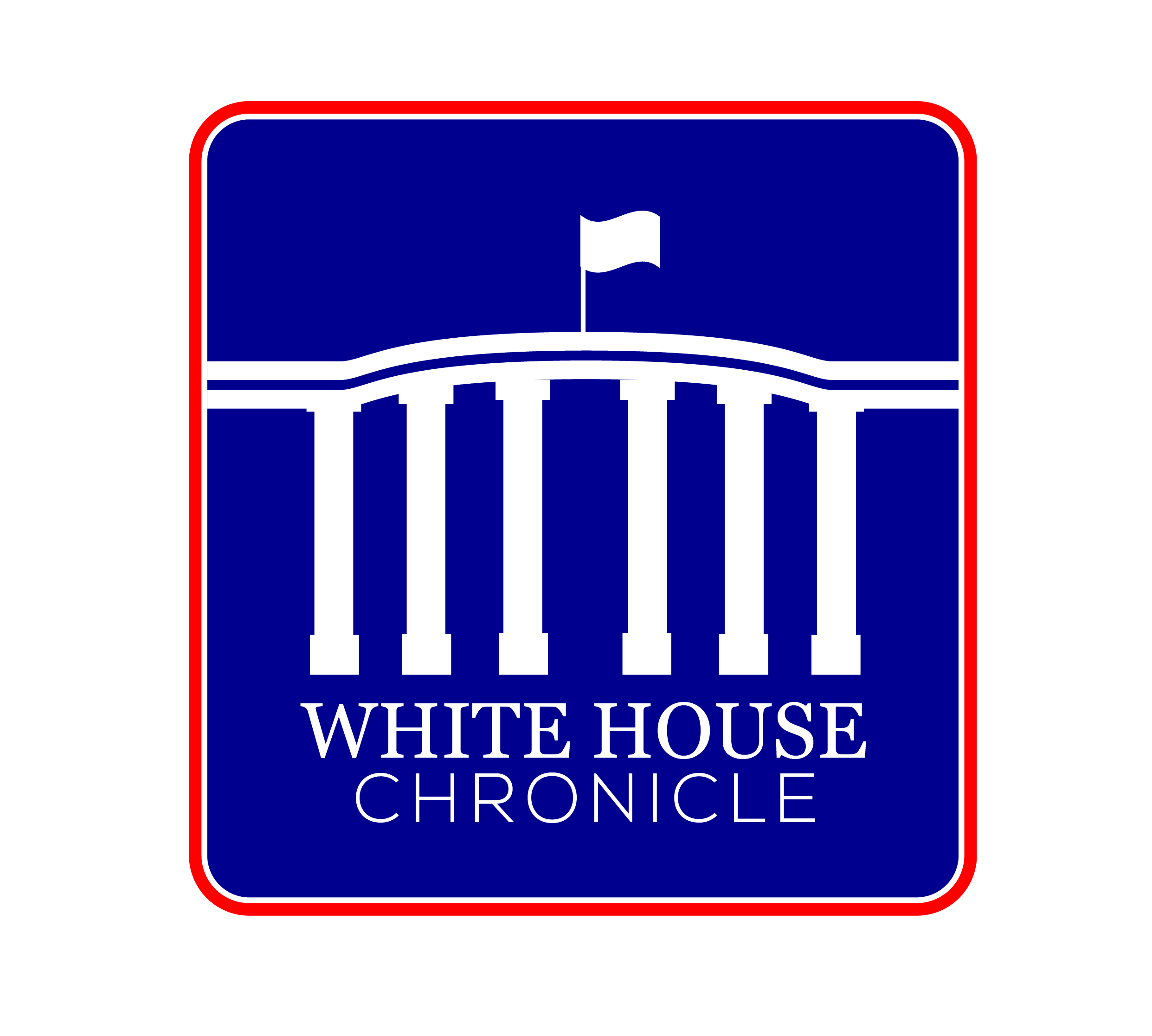For 40 years I've written about nuclear power, defended it and believed, as I still do, that it offers the best signpost to a great future, to what Churchill called the 'sunlit uplands' — in short, to utopia.
I regard electricity as one of mankind's great achievements, saving people from the menial, painful drudgery that marks daily existence without it. Growing up in Africa, I'd see men and women walking miles, many miles, barefoot across the savanna, looking for a few pieces of wood to burn for cooking and hot water.
Electricity, I've believed for these four decades, is assured for thousands of years through nuclear. With advanced breeder reactors and with the energy stored in weapons plutonium, it comes close to perpetual motion: So much energy from so little fuel.
The alternative is to burn up the Earth, fossil fuel by fossil fuel, until we are searching, like the people of the African savanna, for something that is left to burn.
Wind and solar are defined by their geography and limited by their scattered nature. Their place at the table is assured but not dominant. Industrial societies need large, centralized energy sources.
Yet a nuclear tragedy of almost immeasurable proportions is unfolding in Japan. The sum of all the fears about nuclear is being realized. Hades and Poseidon have joined to cut nuclear down.
Do disasters, like the Japanese nuclear one, really kill technologies? Mostly, obsolescence does that, but their demise can be accelerated by a last huge mishap.
While the Hindenburg disaster at Lakehurst, N.J., in 1937 didn't end lighter-than-air aircraft for passenger travel, it drew the curtains: Fixed-wing airplanes were doing a better job. The Concorde supersonic jet didn't leave the skies because of a fatal accident at Paris-Charles De Gaulle Airport in 2000, but it did make the Concorde's planned retirement immediate.
Conversely, Titanic's sinking in 1912 didn't put an end to ocean liners: They got safer. Throughout the 19th century boilers were constantly blowing up, not the least on the stern-wheelers plying the Mississippi. Boats kept working and the technology — primarily safety valves — got better. Bad technologies are replaced by safer ones and good ones with flaws were improved upon.
That is the history of boats, cars, planes and, yes, resoundingly yes, of nuclear power.
After the Three Mile Island disaster in 1979, a new word, "passive," began to dominate reactor design and construction, but maybe too late for the General Electric Mark 1 boiling water reactors ordered so long ago. Passive, as it sounds, is a design in which cooling pumps are not as important. The idea is to depend more on gravity feeds and convective cooling. These are featured in newer designs, and there has been some back-fitting. Things were moving in the right direction, but not fast enough.
The story of the reactors at the Fukushima Daiichi site is a story of success and failure. They were designed 40 years ago to meet what in advanced design is known as a "maximum" credible accident. That was, in that location, an earthquake of a magnitude which had never occurred there. Excluded from this calculation of credible — i.e. it could happen — was the tsunami.
That exceeded the imagination of catastrophe to that point in time. Within the credible design envelope, the plants performed flawlessly, just as they were supposed to: The plants shut down; the emergency cooling pumps started up in fractions of a second; and when they failed, batteries took over. The problem was the tsunami destroyed the diesel generators, and the whole sequence of disaster began.
The opponents of nuclear power — and they have been pathological in opposition for more than 40 years — have their footwear on and are ready to dance on the grave of nuclear. They might want to unlace and take a seat: Nuclear power does not have an alternative.
Big demand for new energy (ideally carbon-free energy) around the globe, and especially in India and China, can't be satisfied without nuclear. Abundance of natural gas in the United States already has reduced the demand for new nuclear reactors to four or five plants. We'll be OK for a while. –– For the Hearst-New York Times Syndicate
